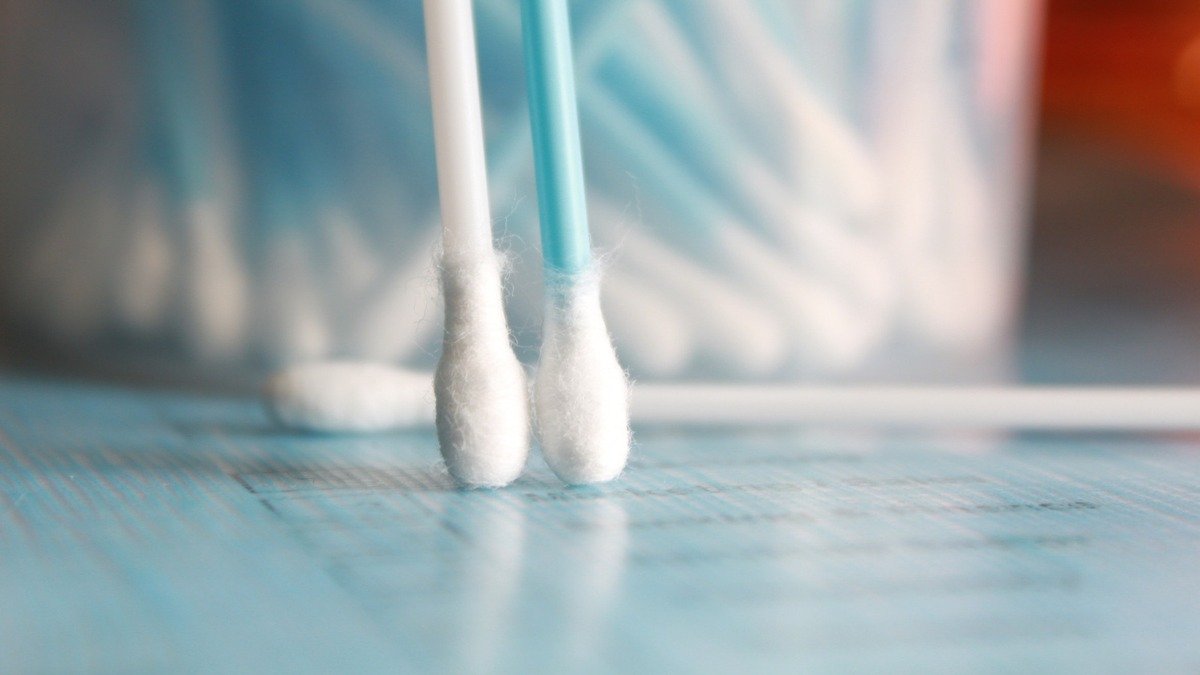Can You Recycle Plastic Q-Tips?

No matter who you are and where you come from, you’ve used Q-tips before. In fact, if you regularly struggle with waxy, itchy ears, they are probably a staple hygiene product in your home.
As such, it’s normal for you to wonder if you can recycle them, especially if you’re a sustainability junkie. Fortunately, we’re going to talk about that in this post.
Are regular Q-tips biodegradable?
Yes, q-tips are biodegradable – you can even compost them. While their swabs are made of 100% cotton, their applicators are made of paperboard and bonded paper – all of these are natural materials.
However, if you choose to compost q-tips remember to only use those that were used to wipe away natural substances. So if you used your q-tip to remove some nail polish, don’t add it to your compost pile.
Another thing to keep in mind is that originally they had plastic sticks before the brand moved to the current paper ones – these are still in circulation in some areas. These original swabs are neither biodegradable nor compostable.
Can you recycle regular Q-tips?
No, you can’t recycle regular q-tips. The first reason for this is that getting ear wax, makeup, and other substances off of the cotton is difficult. As such, these chemicals would just end up contaminating any recycling streams that the q-tips would be introduced.
Secondly, the paper and cotton parts of the cotton sticks would need to be separated beforehand for recycling to be effective. This is quite tedious.
Beyond that, even if the processing was successful, the resulting cotton and paper fibers would be too short to be used to make other products. Keep in mind that q-tips wouldn’t be recyclable even if their applicators were still made of plastic like other brands of cotton swabs.
How long do Q tips take to decompose?
Modern-day Q-tips take 1 to 5 months to completely decompose. However, the exact time frame for this depends on the conditions in your compost. Generally, the wetter and warmer the compost pile, the faster the decomposition process.
How do I properly dispose of Q-tips?
If you’ve only used your paper q-tips to remove ear wax or wipe natural products, the best way to get rid of them is to toss them in your compost pile. If they have been in contact with synthetic products, the only choice you have is to throw them away.
After all, you can neither flash used q-tips down the toilet nor reuse them. If you’re still using traditional q-tips with plastic applicators, just throw them out after use as well.
Are cotton swabs bad for the environment?
Yes, cotton swabs are bad for the environment, no matter which brand they are from. Even modern-day q-tips, though a bit better because of their paper applicators, aren’t good for the environment.
After all, they still depend on cotton production for their tips. And while cotton is quite a sustainable crop, having to grow a lot of it still contributes to soil degradation, deforestation, and fertilizer/pesticide run-off.
Also, the paper used to make the applicators of cotton swabs requires a lot of chemicals and energy to process. To make matters worse, most of the energy used is derived from fossil fuels. This further contributes to the release of greenhouse gasses.
It must be said though that cotton swabs with plastic applicators do a whole lot more damage. For one, they are the result of the heavy processing of crude oil, something that contributes to air pollution.
Secondly, plastic applicators are neither biodegradable nor compostable. And since they can’t be recycled, they usually end up in landfills and worse still water bodies. In these water bodies, they can continue to harm aquatic life for years to come.
What is a good replacement for plastic cotton swabs?
Instead of using plastic cotton swabs, use q-tips with paper applicators instead – at least you can compost them. However, there are even more sustainable options out there.
For instance, brands like Humble Earth Co. and Well Earth Goods have been manufacturing cotton swabs with bamboo applicators for a while now. These cotton swabs are both biodegradable and compostable.
But if you’re looking for something super sustainable, you’re better off using reusable swabs. These are usually made from silicone/plastic and can be washed and reused until they wear down.
However, they can’t be counted as eco-friendly unless they are made of recycled material such as those of the brand LastSwab.
Final thoughts
When it comes to traditional plastic q-tips, recycling is not an option – it’s not even an option with the modern paper ones. However, the latter can be composted, making them a better option for anyone trying to live more sustainably.
